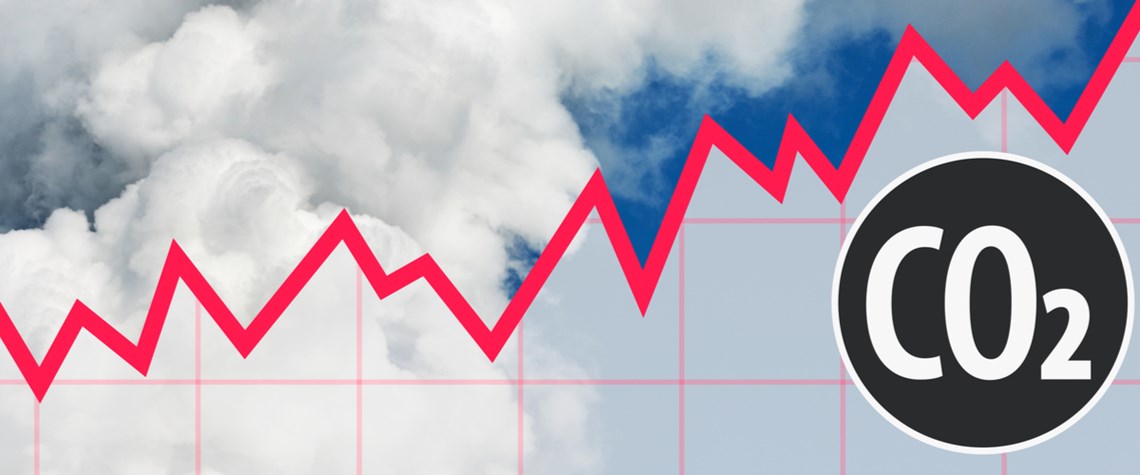Net-zero drive triggers surge in voluntary offset interest
Voluntary carbon offsets permanently retire allowances and therefore verifiably lock in climate benefits
The surge in commitments by countries and private companies to achieve net-zero greenhouse gas (GHG) emissions by 2050 has triggered a boom in interest in voluntary carbon offsets. The number of commitments doubled in the year to September, according to the UN, and the trend has only accelerated since. Net-zero pledges require entities to lower their absolute emissions before balancing any remaining emissions with carbon sinks, such as planting forests or carbon capture and storage systems that remove GHGs from the atmosphere. Carbon offsets are increasingly being explored as a way to net-out ongoing CO2 emissions that cannot immediately be removed. Corporates around the world are shifting t

Also in this section
9 January 2026
A shift in perspective is needed on the carbon challenge, the success of which will determine the speed and extent of emissions cuts and how industries adapt to the new environment
2 January 2026
This year may be a defining one for carbon capture, utilisation and storage in the US, despite the institutional uncertainty
23 December 2025
Legislative reform in Germany sets the stage for commercial carbon capture and transport at a national level, while the UK has already seen financial close on major CCS clusters
15 December 2025
Net zero is not the problem for the UK’s power system. The real issue is with an outdated market design in desperate need of modernisation







